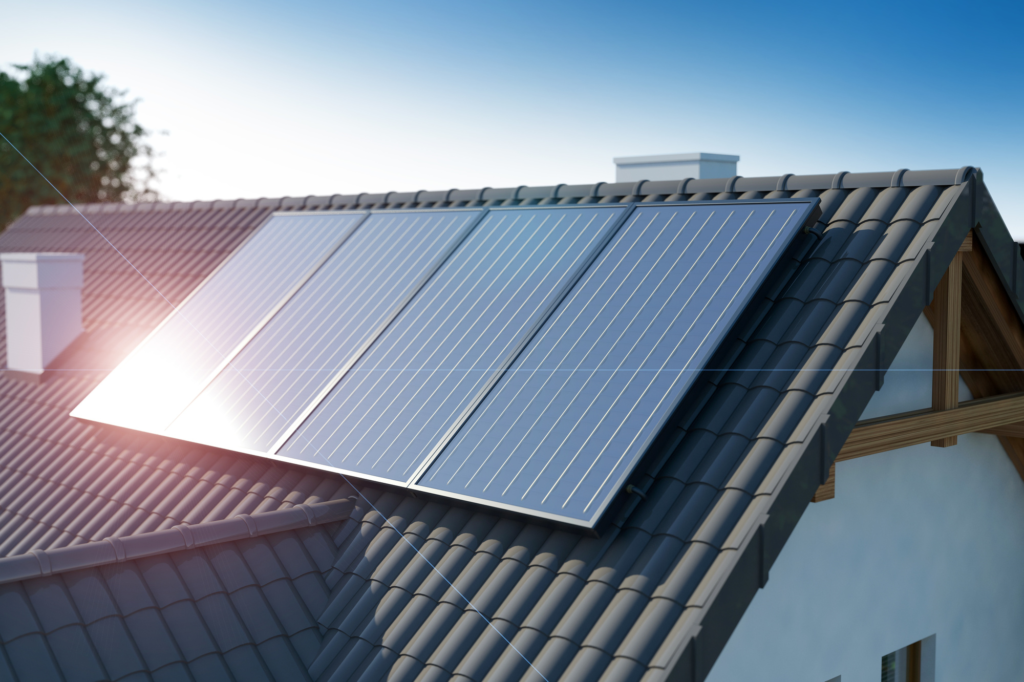Tens of thousands of homeowners in the United States are going solar every month. Switching to solar energy makes sense for a number of reasons, most notably the potential cost savings that come with installing solar panels. Homeowners can wipe out or dramatically reduce their energy bills by installing a solar polar energy system on their property.
If you are planning to make the switch to solar energy, it’s important to understand your home’s potential cost savings. In this blog post, we will highlight the factors that determine solar savings and the average savings that you can expect over the first 25-years with a solar system.

What Factors Determine Solar Savings?
There are three main factors that will determine your potential cost savings when you switch to solar energy. These are:
- Your property’s location (and amount of sunlight)
- Your current and predicted future energy usage
- Current average prices offered by local solar companies
It’s worth factoring in the upfront cost of the solar system and the average payback period. The larger your property and the greater its energy usage, the most solar panels you will need to install to meet your energy needs.
What’s more, the better quality solar system that you install, the greater long-term savings you will realize. We recommend that you opt for Tier 1 solar panels as these are the most efficient and have the lowest degradation rate.
How Much Money Can You Save Going Solar?
Let’s take the city of Fort Collins in Colorado and a house with an existing monthly energy bill of $144 as an example. The recommended number of solar panels needed is 25 with a recommended system size of 9.25 kW. This would reduce the home’s monthly energy bill to just $12.
The 25-year net savings (which is the savings minus the upfront cost of the solar system) would be $36,709. It is worth noting that, with proper maintenance, a good-quality solar system can operate for 40 to 50 years. Click here to estimate your savings.
If you own or are planning to purchase an electric vehicle, you can factor in additional savings. This is because the cost of charging an electric vehicle using residential solar panels is considerably less than relying on the main grid or using public charging stations.
Discover the Benefits of Going Solar for Yourself
Solar energy is becoming more and more mainstream. This is in part due to the environmental concerns of continuing to rely on fossil fuels. Solar panels generate electricity without producing greenhouse gases.
As noted, the other main benefit of solar panels is cost savings. Above, we have highlighted how homeowners stand to save tens of thousands of dollars on their home energy bills by switching to solar energy.
Like this blog post on how much you can save by going solar? Be sure to check out our other informative articles on a wide range of interesting topics.